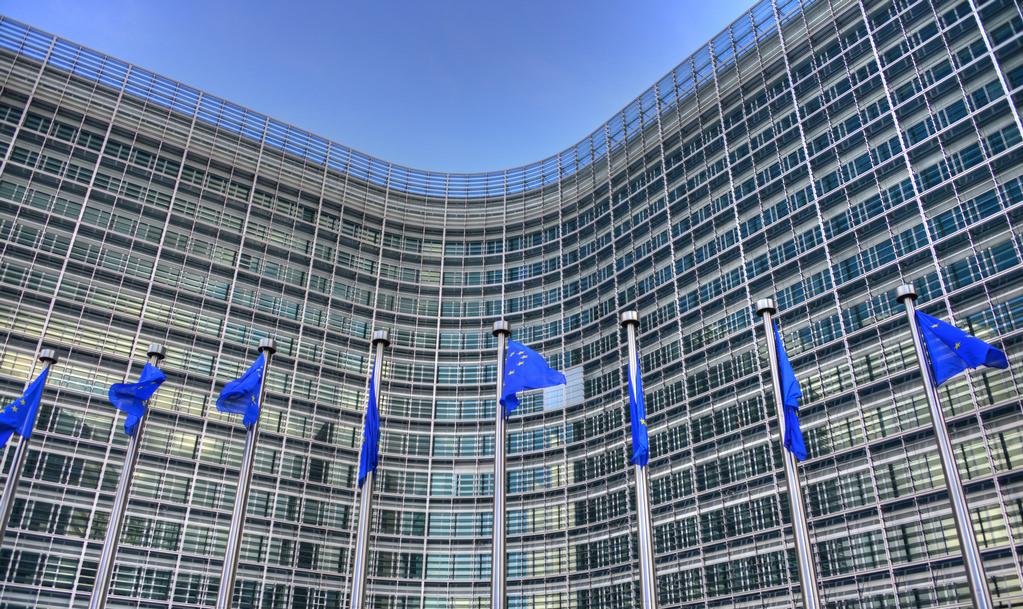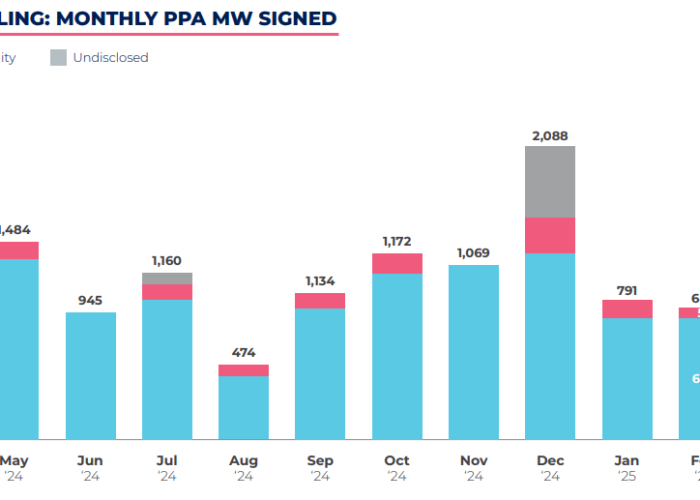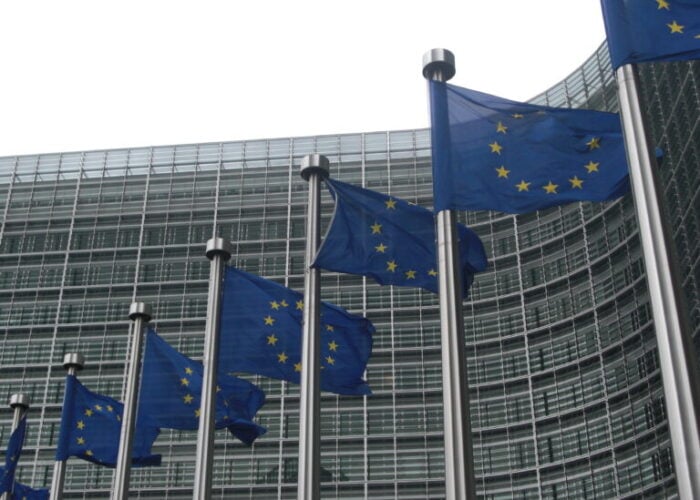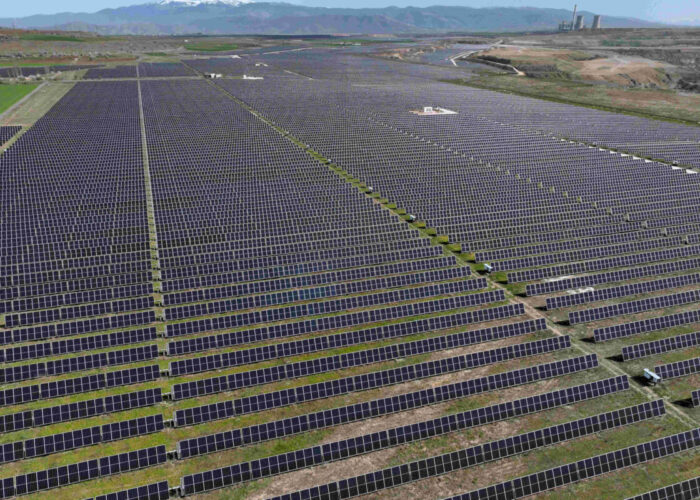
The European Commission (EC) has launched a series of partnerships with the private sector, including one on PV innovation, to boost Europe’s technological and sustainability goals.
All three partnerships are established under Horizon Europe, a funding programme for research and innovation which aims to tackle climate change with a total budget of €93.5 billion.
Unlock unlimited access for 12 whole months of distinctive global analysis
Photovoltaics International is now included.
- Regular insight and analysis of the industry’s biggest developments
- In-depth interviews with the industry’s leading figures
- Unlimited digital access to the PV Tech Power journal catalogue
- Unlimited digital access to the Photovoltaics International journal catalogue
- Access to more than 1,000 technical papers
- Discounts on Solar Media’s portfolio of events, in-person and virtual
Or continue reading this article for free
Dubbed the ‘European Partnership for Innovation in Photovoltaics’, this partnership between the EC and private partners aims to strengthen the region’s position in the PV industry as outlined in several pieces of legislation from the EU, such as the European Green Deal and REPowerEU.
Under this partnership, the EC aims to scale up the European solar manufacturing capacity, develop a more resilient value chain in the EU – as China accounts for more than 90% of the upstream value chain – and reduce its dependence on fossil fuels through collaborations across the entire PV value chain.
The EC, along with the private partners, will each aim to invest up to €240 million (US$260 million) until 2030.
Another partnership, for Innovative Advanced Materials, could also be of benefit to the solar industry. This partnership is in line with the ‘Communication on Advanced Materials for Industrial Leadership’ and aims to strengthen technology sovereignty and industrial competitiveness in advanced materials. Solar PV is among the technologies seen as a “priority” for the European Union with a goal to improve the conversion efficiency of solar panels among other technologies.
The EC and private partners aim to invest up to €250 million each by 2030 in this partnership, which will respond to industrial needs and accelerate design, development and industrial uptake of safe and sustainable advanced materials and associated technologies fit for the circular economy.
“Europe’s future depends on its ability to innovate and scale up. By fostering public-private collaboration in emerging and transformative sectors through these new partnerships, we are driving progress in key areas such as advanced materials, solar energy, and textiles,” said Henna Virkkunen, Executive Vice-President for Tech Sovereignty, Security and Democracy.
These partnerships come only weeks after the EC launched its Clean Industrial Deal which aims to deliver €100 billion for clean energy manufacturing in Europe. Among the action points of the Clean Industrial Deal is a provision for “made in Europe” criterion for project procurement that developers can apply for.
It was recently followed by a consultation which seeks feedback on the State aid Framework accompanying the Clean Industrial Deal (CISAF). Part of the Clean Industrial Act, this component aims to accelerate the deployment of new renewable energy capacity.
Comments can be submitted to the EC until 25 April, as it plans to enact the CISAF in June this year.
PV Tech’s publisher Solar Media will host the Renewables Procurement & Revenue Summit on 21-22 May 2025 in London. The event will explore meeting Europe’s energy demand, the role of data centres in the energy transition, the outlook for European power and PPA prices and more. For more information, go to the website.






